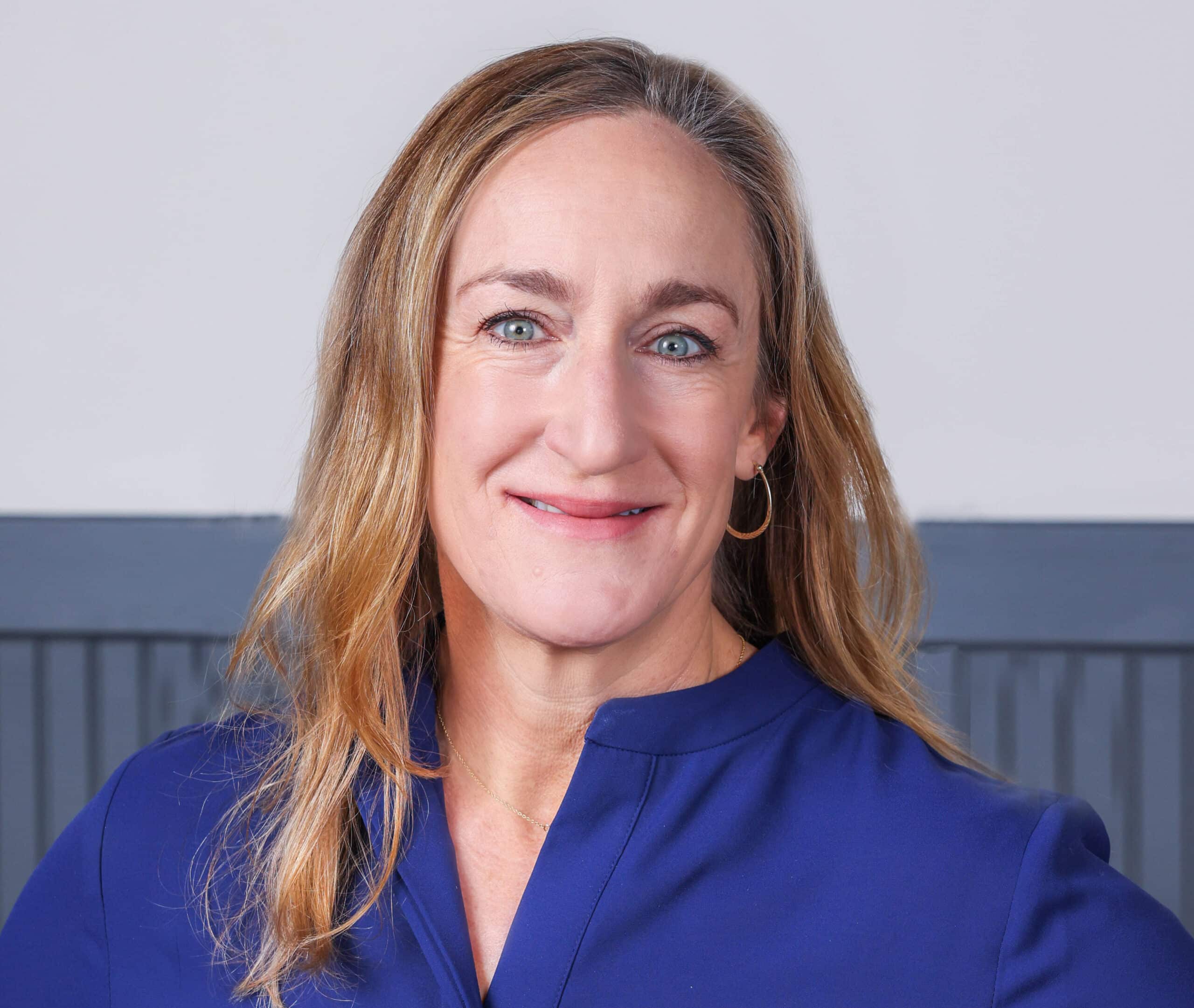As the futurist Alvin Toffler quipped, “Change is nonlinear and can go backwards, forwards, and sideways.” This year’s proxy season illustrates what Toffler meant. The results challenge game-changing leaders to disregard their initial hot takes and look deeper for the nonlinear change at play.
Each year, public companies hold their annual shareholder meetings in the spring — a period known as proxy season — and oil and gas leaders watch these meetings closely to uncover current trends and clues to the future. Last year’s proxy season, which is covered in our 2021 proxy season white paper, was a record-setting one for the activist investor, as proposal voting percentages reached all-time highs on topics around ESG. It painted a clear picture of how public concern over climate translates into investor expectations.
On the surface, the 2022 season shaped up a little differently: While activists were emboldened to submit a greater number of increasingly ambitious ESG proposals, retail and institutional investors appeared less than willing to support those proposals.
At first glance, it may seem as if investors are pumping the brakes on climate proposals. But hawkeyed executives will recognize that, beyond the headlines, activist investors are finding innovative ways to pressure companies and drive change. This change is nonlinear. And although it’s abrupt, unexpected, and difficult to predict, this change foreshadows an enduring focus on climate.
In this two-part series, we’ll give insight into what this proxy season means for oil and gas companies, examine new tools in the activist investor quiver, and detail how activists are looking beyond the energy value chain to wield influence.
Both of these things are true:
- Amid geopolitical tensions and inflation factors, some investors appear less willing than they were in the past to support climate-related proposals.
- Activist investors have come to the table with new topics and unconventional efforts to drive change that foreshadow increasing pressures in the years ahead.
The Situation
This year, 75 percent of climate-related shareholder proposals at oil and gas companies failed to receive a passing vote. Exxon CEO Darren Woods (listen at 37:13) urged investors to vote against climate resolutions on the grounds that reducing energy supply at the height of the Ukrainian conflict would not be in the “best interest of our shareholders or society.” BlackRock said in a 2022 report that it needs to be “mindful of the current geo-political context, energy market pressures, and the implications of both for inflation” and that it would back fewer climate resolutions this year.
The world moves fast, as do the needs of the activist investor. Given the geopolitical tensions and inflation factors we’ve seen through proxy season, investors took a more nuanced approach with their proposals. Here are three key areas that should be on your watchlist:
- GHG and Scope 3 reduction targets: Shareholder proposals in 2021 focused on general greenhouse gas reduction targets, whereas the majority filed in 2022 explicitly sought targets across Scope 1, 2, and 3 emissions. Forty percent of the proposals issued at oil and gas companies this year focused on GHG reduction targets, soliciting well over 40 percent passing votes at companies, such as Valero and ConocoPhillips.
- Climate-related financial risk: Multiple proposals pointed to concerns around the impacts of climate risks and financial costs as well as relevant risks posed by climate goals (e.g., IEA’s Net Zero by 2050 pathway) on companies’ business models and planned investments. Here, 31 percent of oil and gas-targeted proposals focused on some iteration of climate-related financial risk, the most notable of which received an 80 percent passing vote at Dominion.
- Boards of directors’ climate governance: The stakes for directors continued to rise this season as investors sought to hold boards more accountable for business-relevant environmental and social matters. A key proposal against Chevron board members’ failure to respond to climate concerns, which gained support from California and Massachusetts Pension funds, exemplified this trend.
Seize the Day
Beyond these focus areas, activist investors came to the table with unconventional efforts to drive change. These efforts, even when subtle, will play a large role in proxy seasons to come. Successful leaders will take heed of this nonlinear change and weigh the season’s signals as they develop their risk planning and strategy.
- Watch how companies engage: Despite seeing 75 percent of climate proposals fail at oil and gas companies this season, shareholder proposals often are used to start a conversation and pave the way for something bigger. Even 30 percent support is enough to garner attention from company boards, and trial proposals are sometimes used by activists to test sentiment on a particular issue. The key here: Watch how companies engage with low-support proposals to drive change.
- Watch for repeat proposals: A failed proposal is not a dead proposal. It isn’t uncommon to see a resolution adjust its terms and win a higher share of votes in the second or third year of its proposal. This year, 23 of the 31 withdrawn Scope 3 proposals (across all markets) specifically reference withdrawal due to “an agreement being reached, a commitment being made, or general constructive dialogue.” Settling in advance often means companies anticipated significant shareholder backing or an encore performance. Successful leaders will recognize that these “undead” proposals have found a way to drive change beneath our feet.
- Keep an eye on the horizon: Topics including environmental justice and plastic pollution saw building support in the 2022 season and will likely be major players in proxy seasons to come. Four proposals at major oil and gas companies requested some iteration of a racial equity audit or report, while three more requested reports on plastic pollution. Only one passed (Phillips 66 plastic pollution), but these will be returning players in next year’s season.
It can be hard to predict which changes this proxy season will bring to the industry, but the topics and trends from the 2022 proxy voting season can inform your company’s future-proofing strategy. Activist investors will continue to pilot new ways to drive change in the industry, and it is up to us to react in the face of nonlinear change.
We all are passengers on the climate-pendulum train, and despite minor track switching along the way, game-changing leaders will prepare for a long journey.
Adamantine can help your company take bold action in the face of nonlinear change, so you feel confident through proxy season and beyond. You can reach out today for a consultation. If you would like to recommend Both True to a colleague, they can subscribe here. Thank you to my colleague Savannah Bush, who contributed significantly to this edition.
Here’s to a season of success,
Tisha

